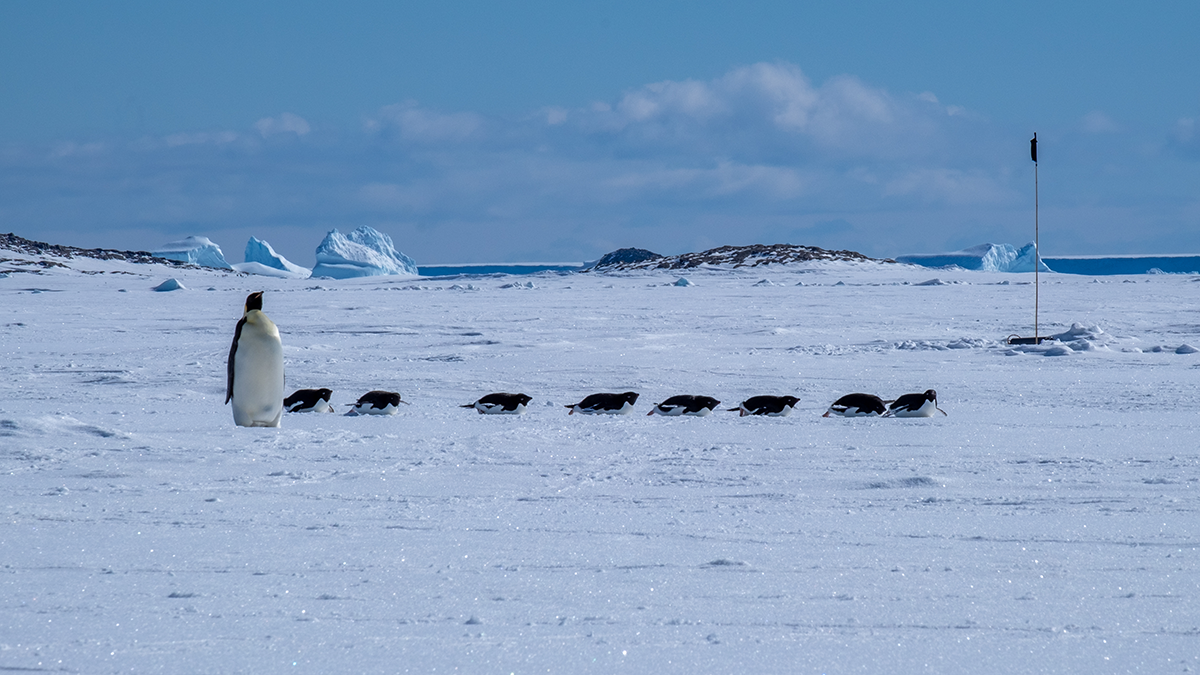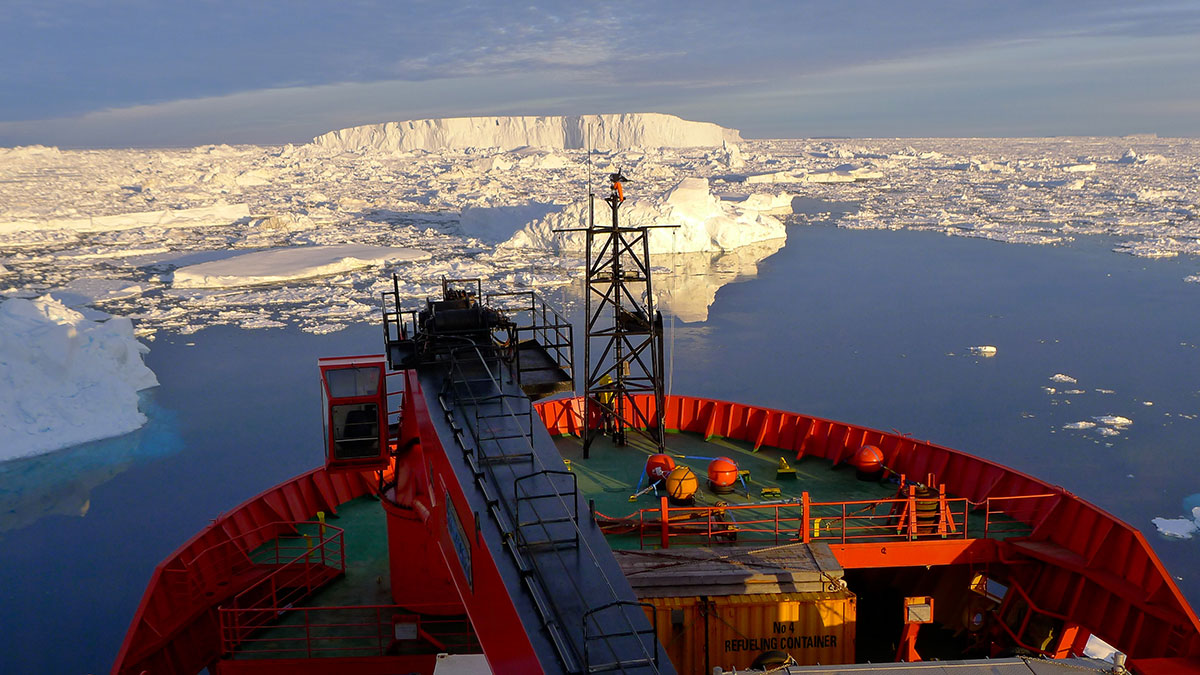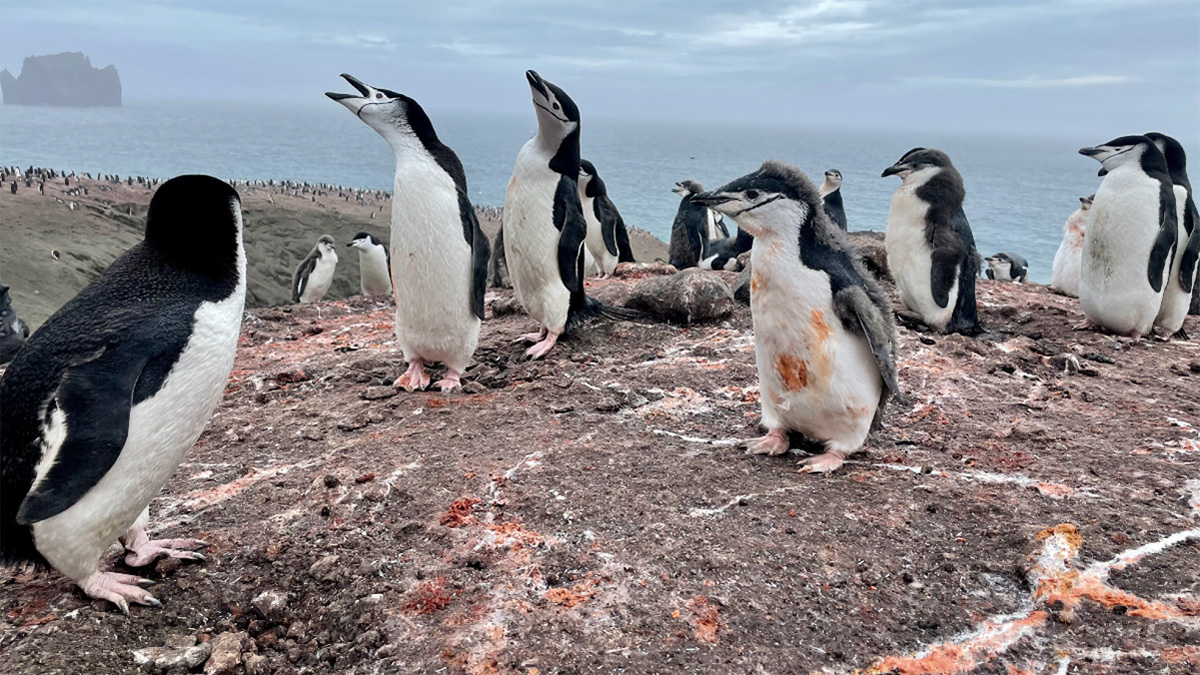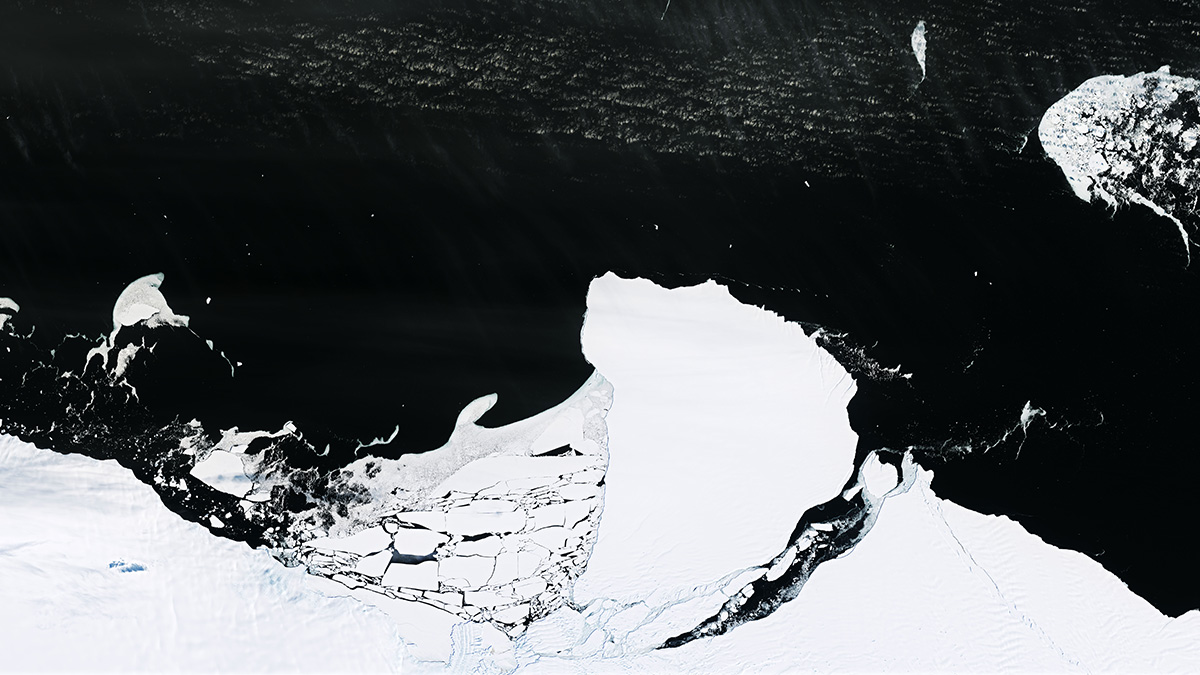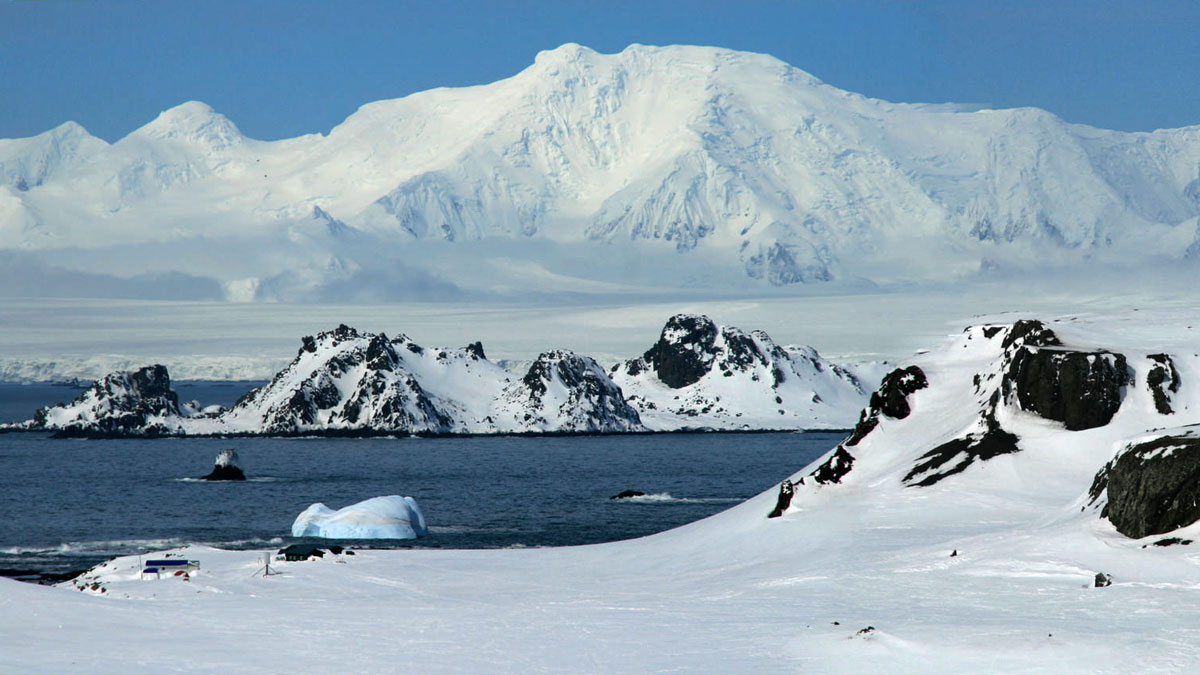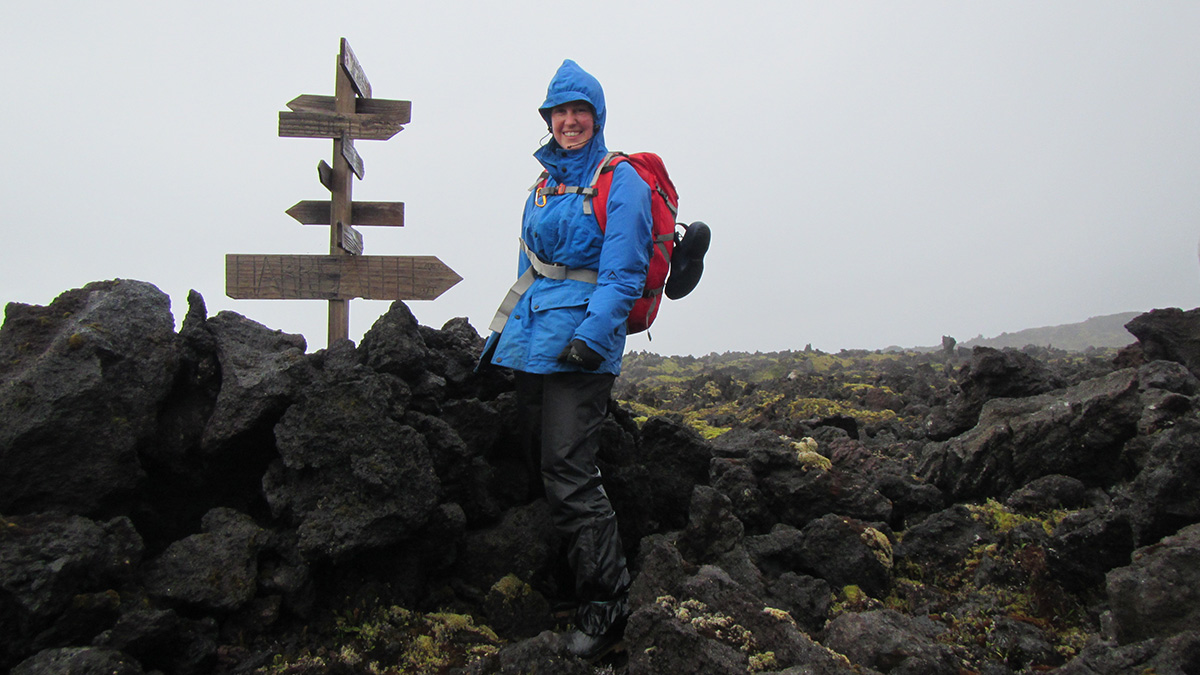Landfast sea ice, sea ice that is held stationary against the Antarctic continent, links firmly with many key climate processes, but its importance is only being fully realized as its extent dwindles.
Southern Ocean
Meltwater from Antarctic Glaciers Is Slowing Deep-Ocean Currents
Antarctic ice drives crucial deep-ocean currents that help regulate Earth’s climate. But the system is slowing down.
Penguin Poop May Flush Iron into the Southern Ocean
Nutrients from the seabirds’ guano fuels the growth of carbon-storing phytoplankton, but penguin populations have plunged in the past 4 decades.
Supercharged El Niño Could Speed Up Southern Ocean Warming
Projected changes to El Niño will likely accelerate warming of the deep oceans around the Antarctic, supplying heat that could drive ice loss and sea level rise.
A Deeper Dive into Wintry, Carbon-Absorbing Antarctic Waters
Cold surface water in the Southern Ocean is a critical component in ocean carbon uptake. A new study profiles it using state-of-the-art research techniques.
Geospatial Database for the Prince Edward Islands
South African scientists map uninhabited islands in the Southern Ocean.
New Cloud and Precipitation Data Over the Southern Ocean
New measurements show the macro- and microphysical characteristics of the clouds and precipitation over the data-space regions of the Southern Ocean.
A New Look at Preindustrial Carbon Release from the Deep Ocean
New research could help inform future studies of how the release of carbon dioxide from the Southern Ocean might affect global climate change.
Ice Begets Ice in the Clouds of the Southern Ocean
Poorly understood ice multiplication processes, not aerosols, may determine the microphysical properties of climatologically important clouds over the Southern Ocean.
Hydrothermal Vents May Add Ancient Carbon to Ocean Waters
Data from a long-distance research cruise provide new insights into carbon cycling in the eastern Pacific and Southern Oceans.

